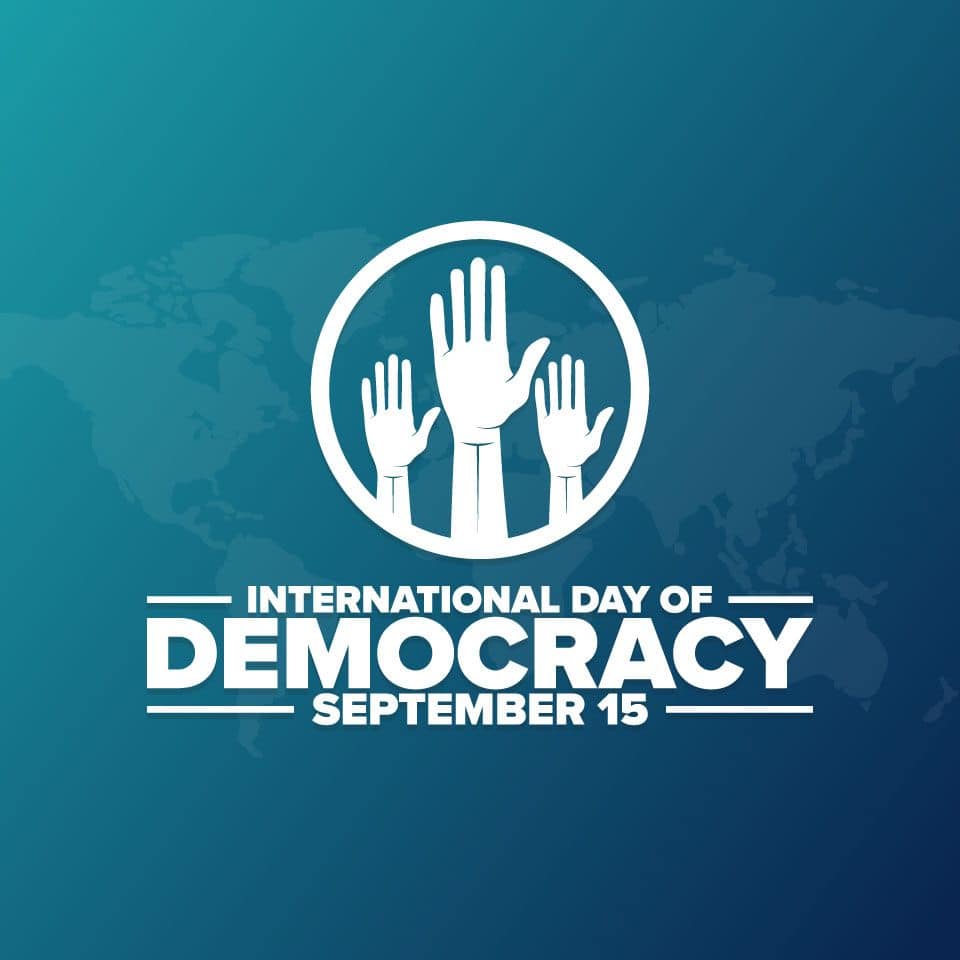
Could a more participatory and deliberative approach to politics help to restore, strengthen, and sustain devolved government in Northern Ireland? What are the prospects for citizen-led democracy in Northern Ireland?
These important questions will be addressed at a seminar in Belfast from 2pm on Friday 15 September in the Crescent Arts Centre marking the International Day of Democracy. Organised by the Imagine! Belfast Festival, the Democracy Network and Involve, the event will bring together a range of perspectives to discuss the potential for improving citizen participation, as well as some of the risks and challenges with contributions from:
- Professor John Garry, Queen’s University Belfast;
- Rebekah McCabe, Head of Northern Ireland, Involve;
- Karen Smyth, Head of Policy & Governance, NILGA;
- Celine McStravick, Chief Executive, NICVA; and
- Alan Renwick, Professor of Democratic Politics and Deputy Director of the Constitution Unit, University College London.
Almost half of people across all communities in NI believe that our power sharing agreements need some change, but what should that change be? Could giving citizens a greater role in politics through deliberative mechanisms such as citizens assemblies help to strengthen government in Northern Ireland? Where can we look for lessons on making government more effective and what needs to happen to make it a reality in NI? And how could deliberative mechanisms contribute to the debate about a potential referendum on the choice between Northern Ireland remaining in the UK or reunifying with the rest of Ireland?
As well as these issues we will also discuss some of the following ways in which a participatory approach to local politics can be beneficial:
- Promoting Inclusive Decision-Making: A participatory approach to government ensures that a wider range of voices and perspectives are included in the political decision-making process. This inclusivity helps to address the concerns and interests of all communities in Northern Ireland, promoting a sense of ownership and legitimacy in the decisions made by devolved government.
- Increasing Trust and Cooperation: Deliberative processes, such as citizen assemblies, participatory budgeting or public consultations, provide opportunities for dialogue, understanding, and bridge-building across different political, cultural, and religious divides. By creating spaces for respectful and open discussions, a participatory approach to local politics can foster trust among communities and political actors, enhancing cooperation and collaboration.
- Encouraging Long-Term Solutions: Participatory processes focus on engaging citizens in policy formulation and problem-solving. This approach encourages a deeper understanding of the complex issues faced by local communities, leading to the development of more sustainable and long-term solutions. By involving the public in shaping policies and strategies, devolved government can better address the needs and aspirations of its citizens.
- Promoting Reconciliation and Healing: Given our history of conflict and divisions, a participatory approach provides opportunities for conflict transformation and reconciliation. Through inclusive and respectful dialogue, citizens can reflect on their shared history, build trust and work together to create a more harmonious and cohesive society. This process contributes to the restoration of trust and the transformation of relationships between communities.
- Enhancing Accountability and Transparency: A participatory approach can improve the accountability and transparency of the devolved government. By involving citizens in decision-making, government can become more responsive to their needs and expectations. This approach also helps to reduce the influence of special interests powerful lobby groups and fosters a culture of openness, thereby increasing public trust in the political process.
- Strengthening Legitimacy: A more participatory and deliberative approach can help to address the perceived democratic deficit that exists in Northern Ireland. By involving citizens in decision-making, the devolved government can enhance its legitimacy and strengthen its mandate. This, in turn, can increase public support for the institutions of devolved government, leading to their long-term sustainability.
Of course, implementing a more participatory and deliberative approach requires careful planning, resources, and commitment from political actors. However, by investing in inclusive and collaborative processes, Northern Ireland can foster a more engaged citizenry, build trust among communities, and create a stronger and more sustainable devolved government.
The event on Friday 15 December will also celebrate the annual United Nations International Day of Democracy. First celebrated in 2008, it provides an opportunity for governments, civil society organisations, and individuals to promote and advance democracy, and to raise public awareness about the importance of democratic values such as respect for human rights, freedom of expression, and the rule of law.
The event is taking place on Friday 15 September from 2-6pm in the Cube Theatre, Crescent Arts Centre, Belfast. Registration is free via this link and closes on 11 September.
And from 8pm on Tuesday 12 September, Imagine! Belfast is hosting a free transatlantic hybrid event – Los Angeles vs Belfast: How do You Move Forward in A Divided City?
This is a guest slot to give a platform for new writers either as a one off, or a prelude to becoming part of the regular Slugger team.
Discover more from Slugger O'Toole
Subscribe to get the latest posts to your email.